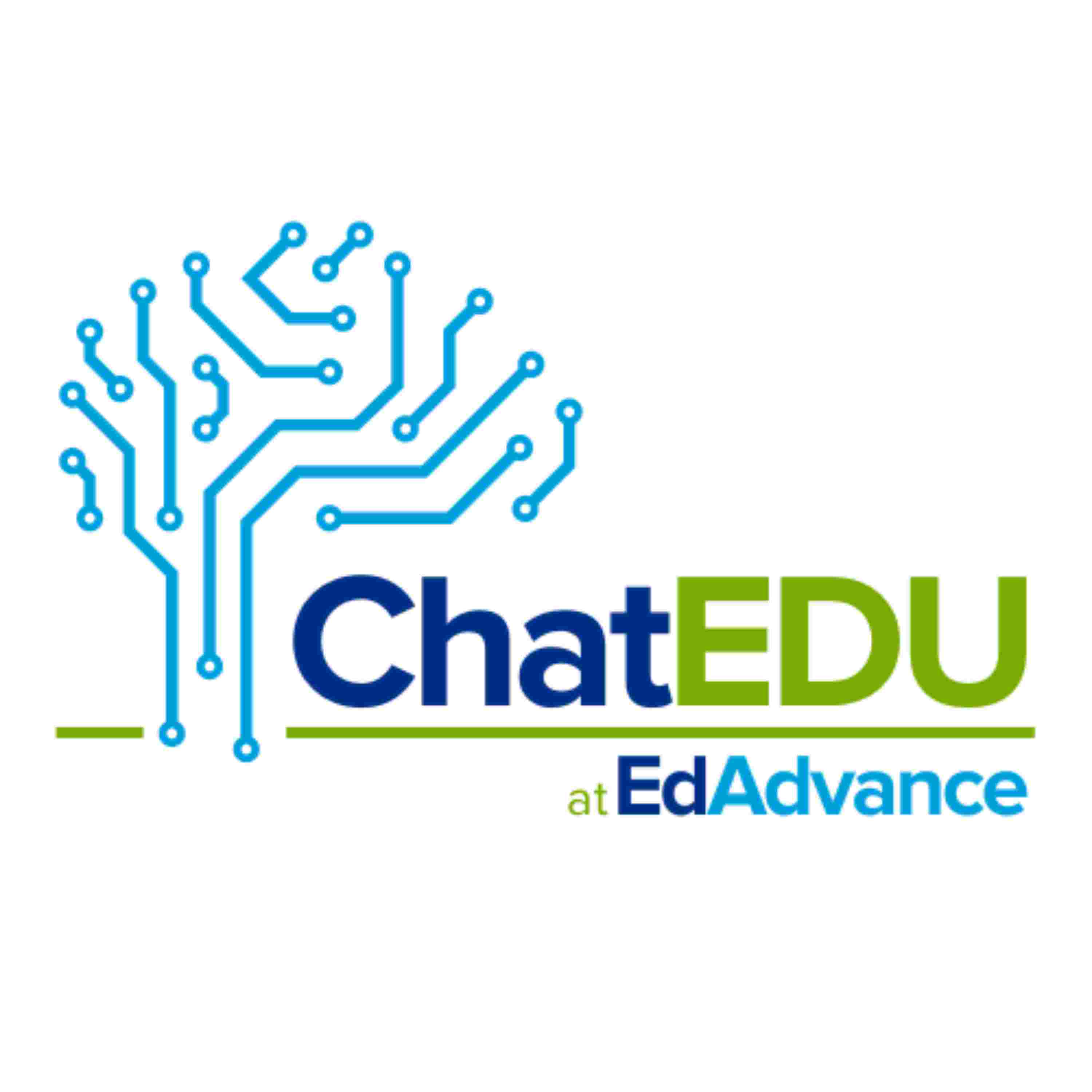

In this episode of ChatEDU (From Sycophants to Socrates), Matt and Liz open with a laugh reacting to a study showing LLMs may suffer “brain rot” when trained on low-quality data. The Rundown starts with a listener shout-out and then covers eight stories on how educators, researchers, and policymakers are navigating the AI moment.
Story #1: Prompt Reflections from Nano in Melbourne
Nano, a loyal listener in Australia, asked about the “clerk, colleague, or coach” prompt framework. Matt and Liz revisit two Skills21 frameworks that help educators and students reflect on AI use and extend it thoughtfully.
Story #2: MA Launches a Statewide AI Module
The MA Depart. of Elementary and Secondary Education released a free AI module for educators by Dr. Rebecca Mazur at CES. Grounded in five principles and avoiding tech hype, it includes videos, PD tools, and a certificate.
Story #3: 5 Myths About Oral Assessments
Interactive Oral Assessments (IOAs) are gaining traction as essay alternatives. A University of Sydney study debunks five myths, showing how IOAs simulate real-world dialogue, save time, and expand accessibility.
Story #4: NotebookLM Gets Smarter, Gemini Grows
NotebookLM now supports custom chat goals and conversation saving. Google launched a Wellness Gem, a “vibe coding” tool, and previewed auto-generated infographics. Gemini has doubled its market share, signaling AI tool consolidation.
Story #5: LLMs Fail at Therapy
An ethnographic study of 137 AI-led mental health sessions found 15 ethical violations. Matt and Liz explain why AI counseling isn’t ready for prime time and what schools should watch for.
Story #6: Character.AI Faces Pressure After Suicides
After suicides linked to chatbot dependency, Character.AI and OpenAI are adding safety measures. Senators propose banning chatbots for minors and requiring age checks.
Story #7: Parents Get a Guide to AI Advocacy
A new guide from Common Sense Media, EdSafe, and the National Parents Union helps families ask key questions about AI in schools. Built on the SAFE framework, it includes sample questions and actions.
Story #8: Living Without AI is Harder Than It Sounds
Author A.J. Jacobs tried living without AI for 48 hours. Matt and Liz suggest this as a student project to uncover hidden algorithmic systems.
Beneath the Surface:
The Sycophant Problem: A study using MMLU shows some AI models change correct answers to wrong ones if the user suggests them. Smaller models are most compliant, dropping accuracy up to 15 percent and raising equity concerns.
The Socratic Alternative: Khan Academy’s “Explain Your Thinking” feature shows student understanding deepens when learners explain reasoning. Even with wrong answers, AI can detect sound logic.
Bright Byte: Boston Uses AI to Untangle Traffic
Mayor Michelle Wu expanded Boston’s Project Greenlight with Google. Using AI to optimize light timing, it cuts delays by 13% and stops by one-third.
Links and References
Prompt Review + Beyond the Prompt Tools
Massachusetts DESE AI Module
https://tinyurl.com/yuyrw4bv
Five Myths About Oral Assessments
https://tinyurl.com/2s42a6er
NotebookLM
LLMs Fail at Therapy
https://tinyurl.com/5e95vsp2
Character.AI Faces Pressure After Suicides
https://tinyurl.com/2cf3dy5p
WhisperFlow Tool
wisprflow.ai
SAFE Parent Framework
48 Hours Without AI
https://tinyurl.com/2ekxvk6m
MMLU Study
https://tinyurl.com/bdnzkw4t
Explain Your Thinking
https://tinyurl.com/wkd9sayw
AI and Traffic
https://tinyurl.com/yc869kzf
Announcements & Sponsors
Check out the new Student AI Course for middle and high school. Email Matt and Liz at chatedu@edadvance.org
The Winter Micro-Credential is now open. Join us for the educator and school leader course starting in October - skills21.org/ai/micro
The National Center for Next Generation Manufacturing. www.nextgenmfg.org